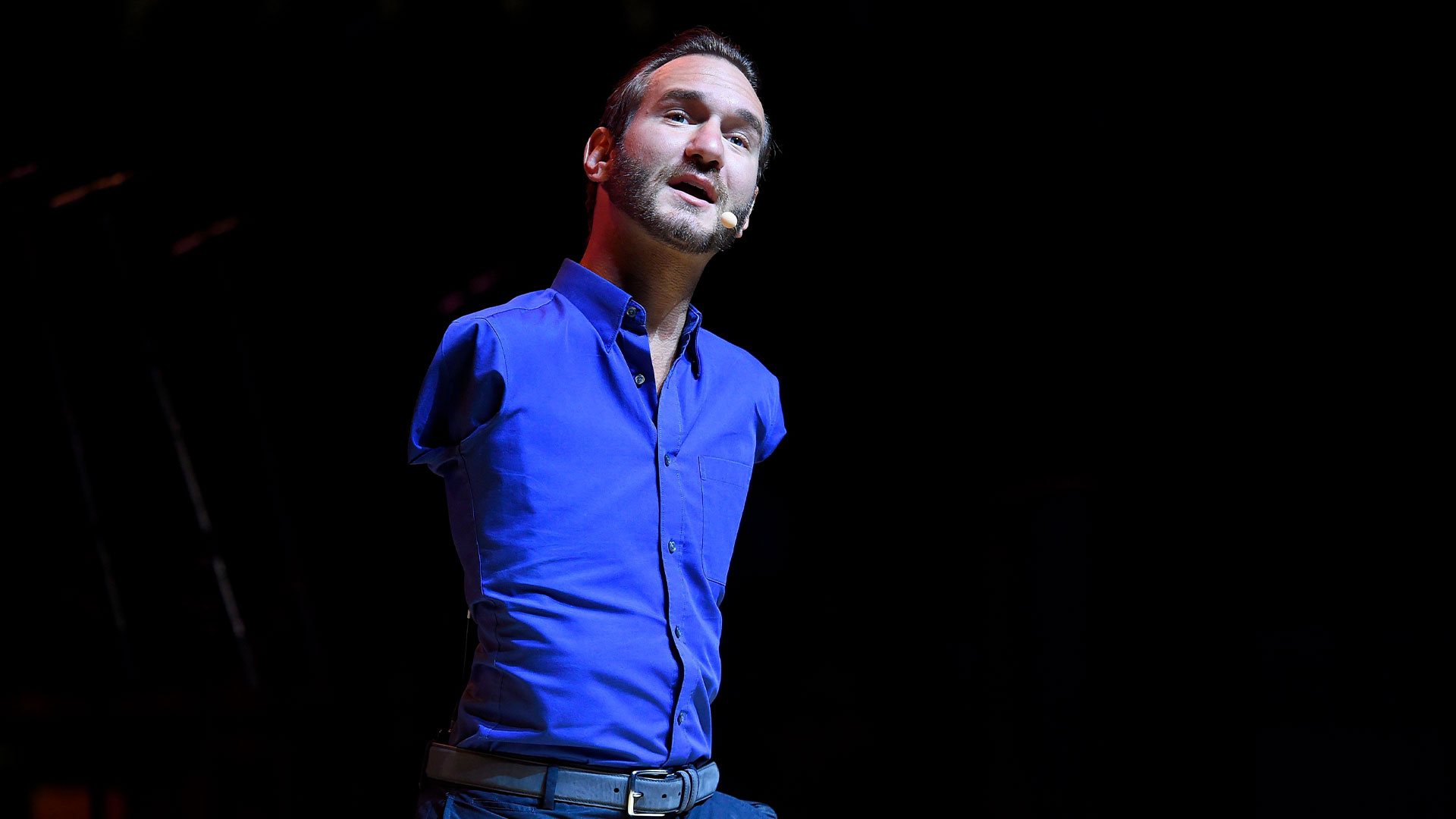Florida’s ban on cultivated meat is being challenged in federal court in a lawsuit that was filed yesterday. The case is being brought by the cultivated meat firm Upside Foods and the Institute of Justice (IJ), a nonprofit public interest law firm.
Florida governor Ron DeSantis signed the legislation making the sale of cultivated meat illegal in Florida on May 1, and the bill came into effect on July 1. Alabama passed a similar bill banning cultivated meat that will come into effect from October 1.
The case brought by Upside Foods and the IJ argues that Florida’s ban is unconstitutional in three different ways. First, they argue, the ban violates the Supremacy Clause that gives federal law priority over state law in certain instances. The court case argues that the Florida ban violates two different provisions in the Federal Meat Inspection Act and Poultry Products Inspection Act.
The legal complaint also alleges that the ban violates the Commerce Clause, which gives the US Congress exclusive power to regulate interstate commerce. The IJ argues that the Commerce Clause restricts states from enacting laws that unduly restrict interstate commerce, and that Florida’s ban in its current form has the effect of discriminating against it.
“Florida’s law has nothing to do with protecting health and safety,” said IJ senior attorney Paul Sherman in a press conference today. “It is a transparent example of economic protectionism.”
Sherman said that Upside Foods and the IJ would also apply for a preliminary injunction that would allow the company to sell cultivated meat in Florida while the legal challenge is still ongoing. The complaint says that Upside had planned to distribute its cultivated chicken at Art Basel in Miami in early December 2024. The company protested the Florida ban by holding a tasting of its chicken on June 27 in Miami, shortly before the ban came into effect.
Sherman said that the Alabama ban was also “in our sights” but that the IJ had targeted the Florida law as it came into effect before the Alabama ban. “We’re hoping we’ll be able to get a quick ruling [in Florida] on a preliminary injunction there,” and use that as a precedent to challenge the Alabama ban, he said.
The lawsuit was welcomed by the Good Food Institute (GFI), a nonprofit that supports cultivated and plant-based meat companies and which is serving as a consulting consul in this case. “Consumers should decide what kind of meat they want to buy and feed their families—not politicians. This lawsuit seeks to protect these consumer rights, along with the rights of companies to compete in a fair and open marketplace,” said GFI’s director of regulatory affairs Laura Braden in an emailed statement.
Florida agricultural commissioner Wilton Simpson praised the bill banning cultivated meat for protecting the state’s agricultural industry against new ways of making meat. “We must protect our incredible farmers and the integrity of American agriculture. Lab-grown meat is a disgraceful attempt to undermine our proud traditions and prosperity, and is in direct opposition to authentic agriculture,” he said when the bill was signed.
But in the press conference, Upside Food CEO Uma Valeti argued that cultivated meat should be seen as a complement, not a replacement, to conventional animal agriculture. He said that watching the Florida legislature pass the bill banning his chicken “felt like watching an old boys’ club” of legislatures protecting an incumbent industry against a new technology.




















Discussion about this post